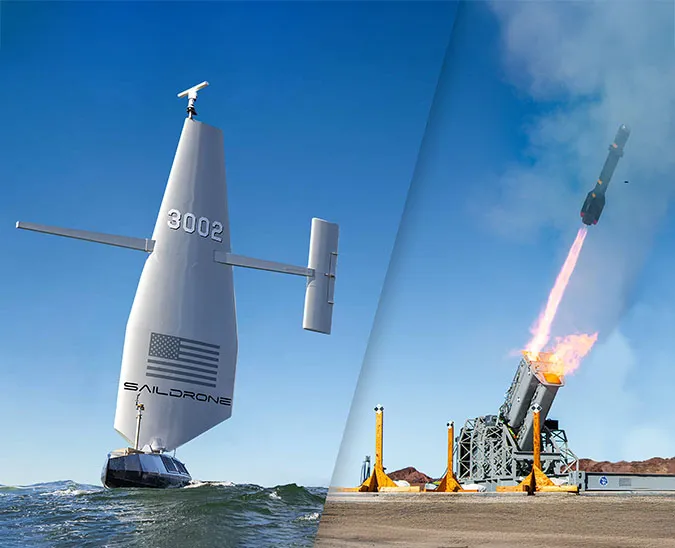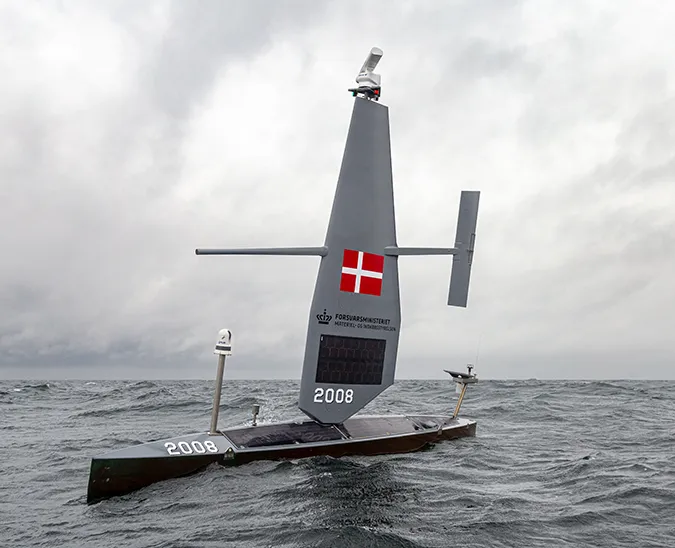Published on
Author
My parents may not have known it at the time, but I was born to love the ocean. From snorkeling to fishing to spending time at sea, I feel most alive when I am near, on, or under the water. If you have been fortunate enough to watch a sunset over the ocean, listen to the rhythmic waves crashing on a beach, feel the ocean breeze on your face, and smell the salt in the air, you might feel an inner connectedness. It never ceases to amaze me that we could be so fortunate to be stewards of this magnificent natural resource.
Our oceans support biodiversity to the tune of 250,000 species we have identified so far. From unique and amazing creatures such as eight-armed cephalopods to schools of anchovies that stretch for miles, this resource forms the building blocks for all life on Earth, feeding us and nourishing our souls and producing half of the oxygen we breathe. Yet, this resource, once believed infinite, has been imperiled by our actions at an alarming rate. One threat that touches each of us, often unknowingly, is Illegal, Unreported, and Unregulated (IUU) fishing. IUU fishing has become one of the most pressing issues of our oceans and, at the same time, an unsustainable legacy we are leaving future generations.
It is believed that 1 in 5 fish globally are caught by IUU fishing, equating to some 11 – 26 million tons annually. Imagine if 20% of the food in your grocery store was stolen, impacting the rest of the community, driving up prices, and leaving shelves empty. IUU fishing is more than just some statistic or trivial number—it affects the livelihood and sustainment of communities, people, and our environments.
Artisanal fishermen, such as those in West Africa, who practice fisheries ethically and responsibly must compete with dwindling fish stocks, unsustainable practices, and illegal catch entering the market. This hurts small businesses invested in feeding their communities. Even worse, over time, the compounding impact has irreversible downstream effects on food security, the environment, and ultimately our future.
IUU fishing is an international threat that exacerbates ongoing efforts to protect biodiversity and sustainability. Challenges to combat IUU fishing exist due to numerous elements ranging from the vastness of our oceans and limitations of maritime patrol assets and enforcement capabilities to the opacity of fishing activity. As it has been described, simply finding a vessel on the high seas is like finding a needle in a haystack.
IUU fishing takes many forms: violating international and national laws, fishing without proper permits, fishing in marine protected areas, illegal gear use, underreporting catch, misreporting, and many more. IUU fishing often happens far from the eyes of authorities, creating a web of opaque business transactions and movement of fish, which is often hard to trace. When illegal fishing is identified and seized, prosecution may take years and is often thrown out on minor technicalities.
While the challenge is daunting, there is hope. Several organizations are making a positive impact. Passionate and mission-oriented organizations across the world are standing up to fight IUU fishing through capacity building, community engagement, and technology. To protect our oceans, we will require continued global concerted efforts. From organizations such as Global Fishing Watch, which open sources vessel movements and activity, to the Outlaw Ocean Project and the Indonesia Ocean Justice Initiative, which are investigating and shining a light on high-seas crime, we are moving in a positive direction.
Saildrone and the application of uncrewed surface vehicles (USVs) can also play a huge role in adding eyes to our waters, helping governments and organizations combat IUU fishing with the integration of technology with traditional knowledge.
For example, we may someday soon deploy USVs to Marine Protected Areas, monitoring these biodiversity-rich ocean seascapes with autonomous vehicles. Using such technology to help supplement practitioner knowledge and current capabilities by alerting authorities of nearby vessels, taking images, and notifying potential violators of their illegal entry and activity, ultimately helping deter and protect these precious resources.
More data is always needed to make sound decisions. But more than anything else, we need action today to ensure we have a sustainable tomorrow.
We have an obligation to solve this global challenge by working collaboratively and systematically.
If we can continue to invest and combine modern science with traditional knowledge and wisdom, we can leave a legacy where IUU fishing is an old tale that we will tell our children. And for generations they may also continue to fall in love with and honor the magic that is our oceans.
Saildrone is a proud member of the Friends of United Nations World Oceans Day. Learn more about the 2024 theme, Awaken New Depths, at unworldoceansday.org.
Support our vision of a healthy ocean and a safe, sustainable planet—follow us or join our team!
About the Author

Alexander Min is a passionate ocean enthusiast and international fisheries consultant. He focuses on meeting people where they are and building solutions from the ground up. Alexander has worked on projects with the US Agency for International Development, Sustainable Fish Asia, and Pacific Islands Fisheries Group, and serves as a US Coast Guard Reserve Officer. His passion lies at the intersection of community, seafood, fisheries, and technology, advocating for bridging community traditions, people, and technology to address complex problems in our marine environment.
Resources
Food and Agriculture Organization of the United States, “Illegal, Unreported, and Unregulated (IUU) Fishing,” web page, fao.org, accessed June 4, 2024
NOAA Fisheries, “NOAA Fisheries Releases Reports to Congress on Efforts to Combat IUU Fishing,” features story, fisheries.noaa.gov, May 31, 2024
NOAA Fisheries, “Understanding Illegal, Unreported, and Unregulated Fishing,” web page, fisheries.noaa.gov, accessed June 6, 2024
Ocean Census, “Our Mission,” web page, oceancensus.org, accessed June 6, 2024





